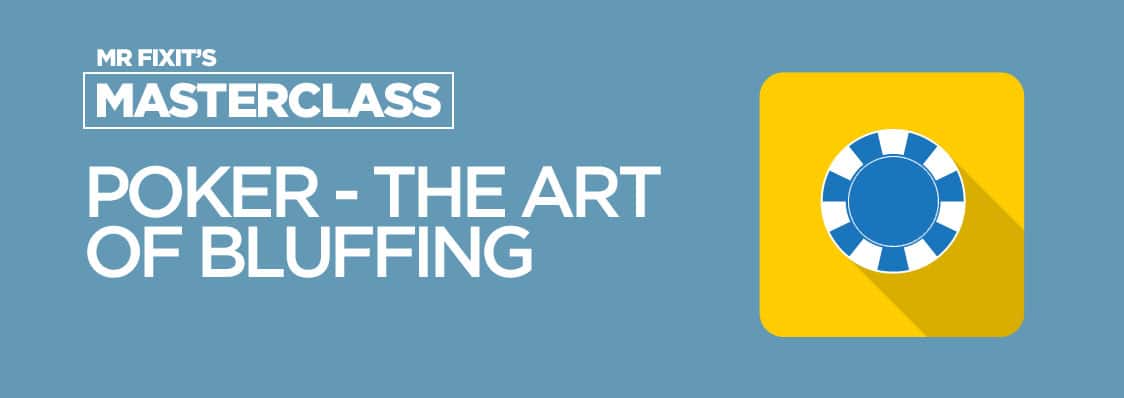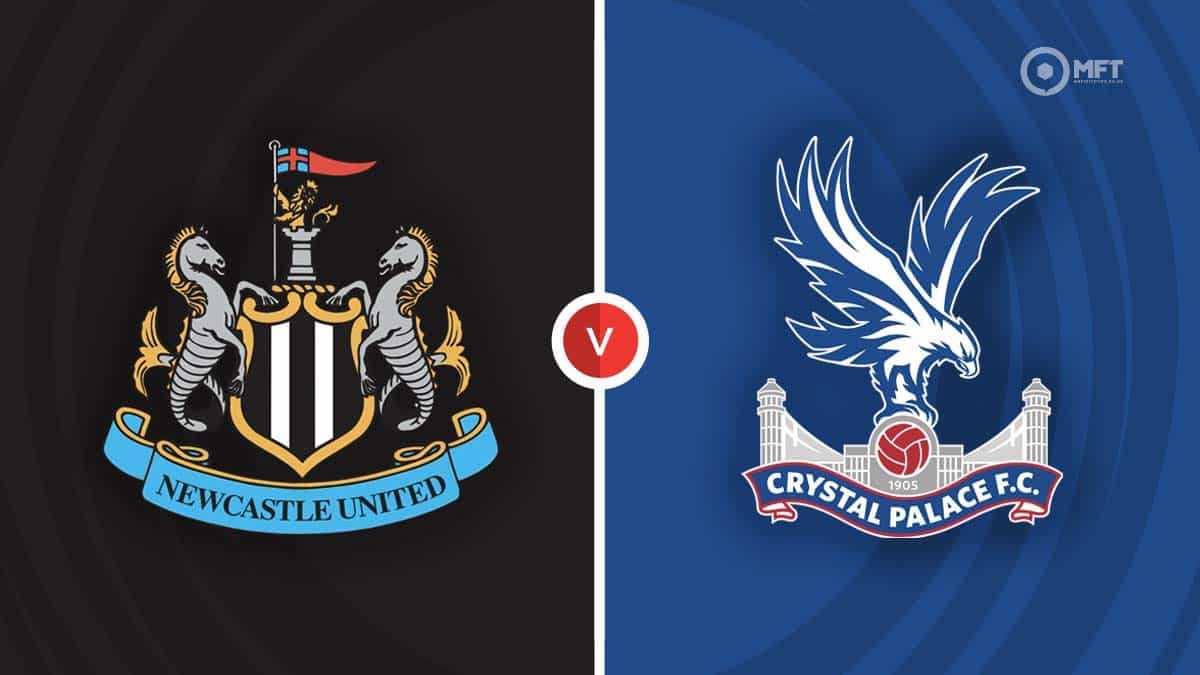Poker would be a pretty boring game if the pot just went to the player holding the best hand. What makes it special and elevates it above other card games is the element of bluffing, which means a player holding the worst cards can still end up scooping the pot.
If a player raises by a large sum in any round of the betting and spooks the others into folding then he will scoop the pot without having to show what cards he has. This is how bluffing comes into play.
If you can convince the others you have a great hand, and back it up by raising the stakes, then you can win even when the cards haven’t been kind on you. The skill to bluffing is knowing when to do it.
When to Bluff
It is of course possible to win without bluffing. Televised poker often highlights the best bluffs and so gives the impression that many more hands are won thanks to bluffing when that's not the case. Sometimes it pays to be patient and not try to win EVERY hand from unwinnable positions.
The key is looking at the community cards and working out what kind of hands the other players may have. For example, if you hold an ace and there are two more aces in the community cards then it’s unlikely that any of the other players will hold another ace. Likewise, if there are four Diamonds in the community cards then there’s a high chance someone will be able to make a Flush, or even a Straight Flush.
It’s generally advisable not to bluff when the community cards suggest other players may have strong hands. However, the other players will also be thinking you have a high chance of making a great hand and this can help with a bluff. If they think you have the best hand then they will be more inclined to fold if you bet big.
How to spot a bluff
The key is striking the right balance and making sure there are no patterns to your play and betting that the others can work out.
Behaviour that can lead to others knowing how you will play a hand is called a “tell”. These tells are usually physical (avoiding eye contact, playing with chips, sweating, twitches, etc) so they don’t have an influence when you are playing poker online.
However, tells can also be apparent in how long you take to bet, how often you call and the amount you raise by, so it’s possible to get inside someone’s head even if they are virtually thousands of miles away.
With so many online poker sites available to play at it's easy to hone your ability to bluff and spot bluffs by playing for free or in small stake games. Of course the higher the stakes the more people are likely to bluff so be aware of the different online behaviours dependent on the size of the pot and the stage of the game.
Bluffing is also more effective if you see your opponents don’t have many chips left. If their stacks are small then they will be more likely to fold unless they have an excellent hand.
How to become a master bluffer
Practice, practice, practice. Like all things in life the best way to take advantage of the art of bluffing is to finesse your skills by getting to know the game inside out, by identifying patterns and above all else practicing.
Host your own tournaments with friends, if you play against the same people regularly you'll start to observe tell-tale signs of them bluffing – just make sure you're not the one with the big tell.
Play online, either at established poker sites or you could even create your own online poker room thanks to the vast range of poker software for sale. That way you're in complete control of your remote gaming, can host your own virtual games and take the rake on everyone else's game played on your own poker site.
The bluffer checklist
Finally here are 5 key points to remember when engaging in the art of bluffing;
- Be aggressive (but balanced) – Choose the right times to go for the kill. Winners at poker are usually aggressive in that they know when to up the stakes, but also know when to try to force others to fold.
- Don't try to win every hand – Poker is a game of patience. It's just not possible to win every hand, no matter how good you are at bluffing so pick your moments carefully. If you try to bluff too frequently, especially on significantly weaker hands your opponents will feel more comfortable in calling you down.
- Vary your bluffs – If you consistently bluff in the same situations you'll be found out soon enough, so vary your bluffs, your timing and your stakes, that way your tells will be harder to figure out
- Assess the game – Not all bluffs are equal. Low stakes games make players ‘call-happy' so always be aware what's at stake for your opponent, check out their bankroll, and assess whether a bluff is more of less likely depending on the state of the game
- Take notes – The beauty of playing online is that you can keep note of your opponents history. Are the placing large bets to intimidate you? Are they quick to place bets? Are they slow to fold? All of these can account for tells so pay attention to the smallest details
































 GambleAware
GambleAware